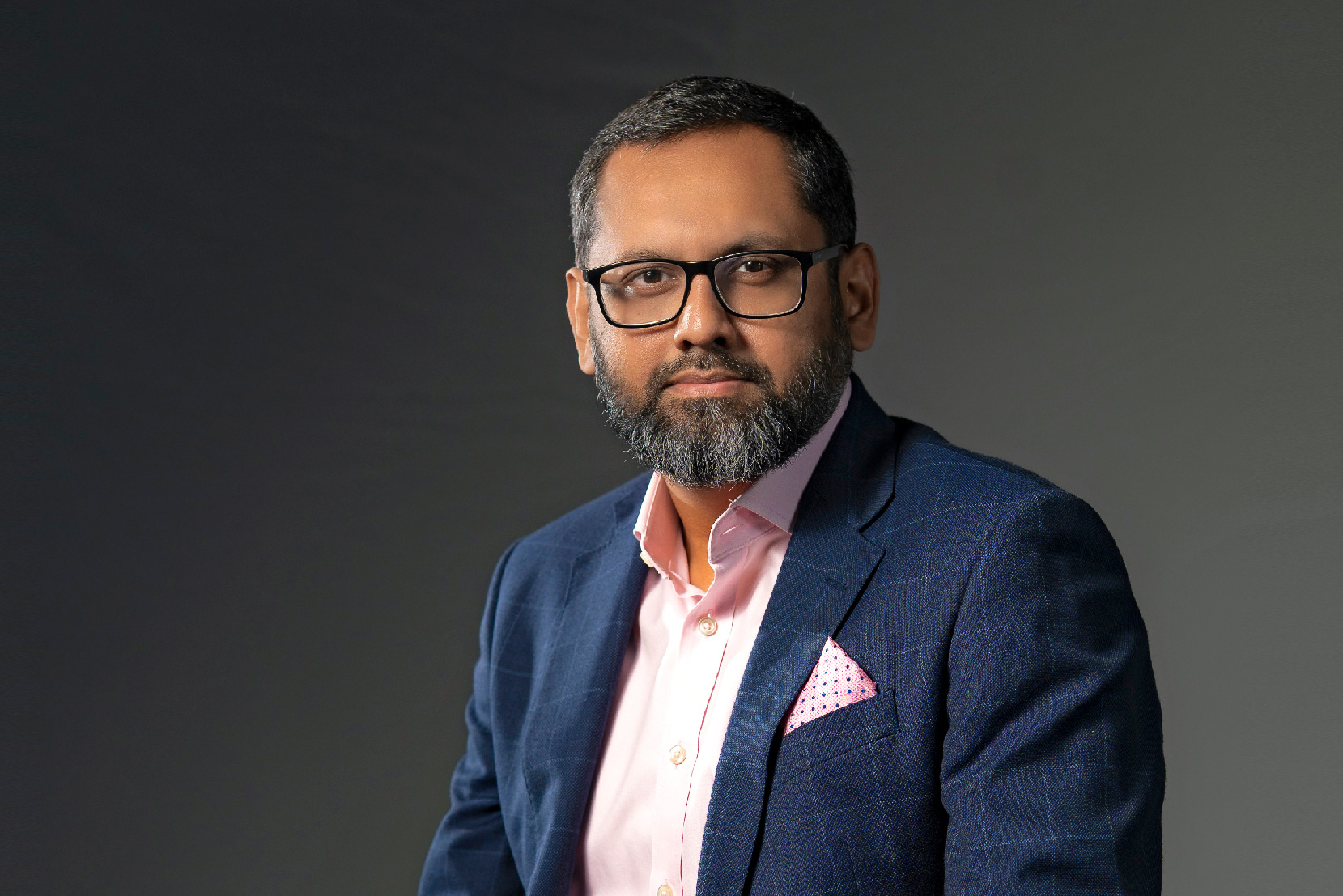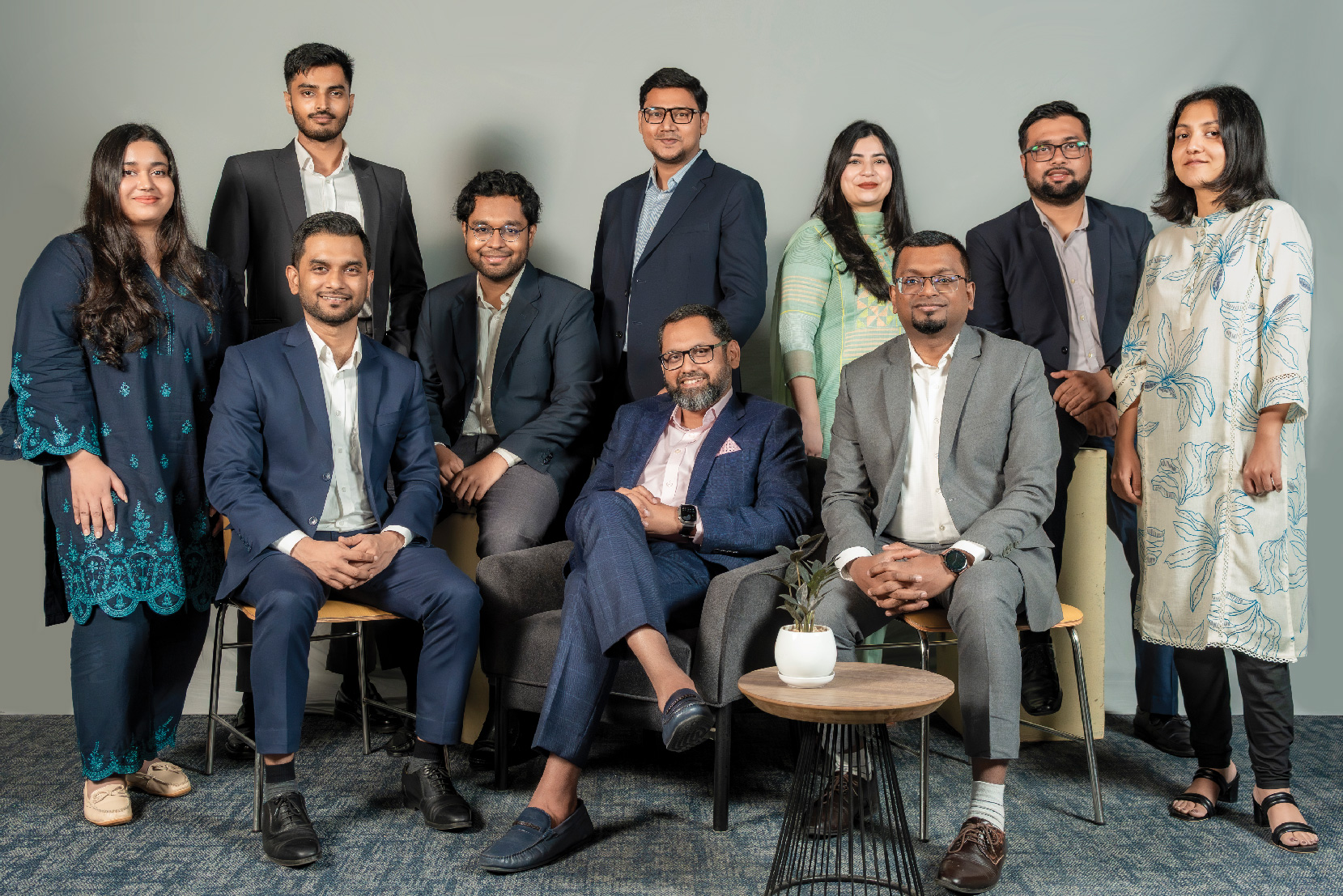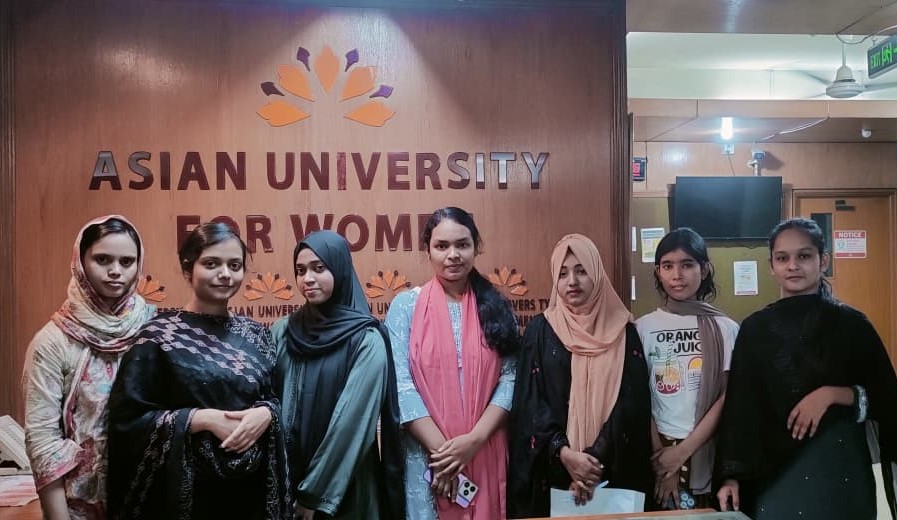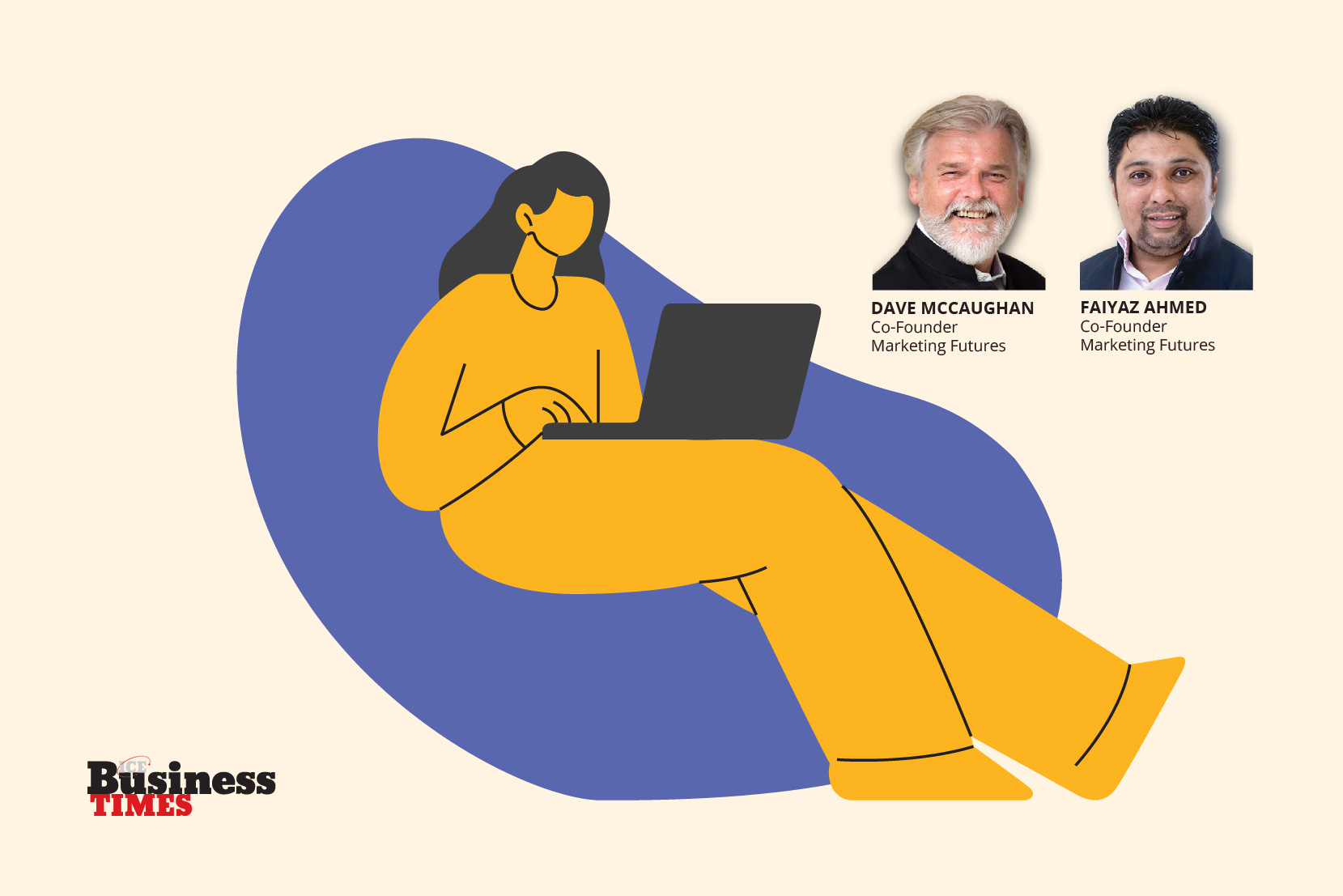According to research generated by the pro-democracy think tank, Freedom House, two-thirds of the world’s internet users reside in nations with authorities that censor their online activities. Singapore has become one of the 65 states in that list as it passed the Protection from Online Falsehoods and Manipulation Act (POFMA) in May 2019. The Act allows the government to censor any information on social media and private messaging apps such as Whatsapp. Online media platforms must remove or correct information which the authorities deem to be untrue or fake. This bill was drafted as a response to the challenges posed by fake news and disinformation.
Such censorship regulations are being implemented through the continent, governments in Asia have announced fake news legislations or the desire to enact such laws to combat fake news. These developments have occurred on the back of increased internet penetration across Southeast Asia where it is over 63% and the sharing of content over social media through mobile devices.
In order to contribute to ongoing discussions on the impact of disinformation and fake news on human rights and in particular elections, Asia Centre will hold an international conference entitled Fake News and Elections in Asia. The conference will take place on 10-12 July 2019 at the Faculty of Communication Arts, Chulalongkorn University, Bangkok, Thailand.

Asia Centre’s conference coordinator Tessa Alleblas, explained the motivation behind these legal developments, “Governments have argued that such legislation is in particular necessary in the run-up to elections as fake news or disinformation has the power to sway voters during the campaign period as well as fuel communal violence.” Tessa commends governments for these efforts but believes that the authority’s purpose should be examined: “One may question the intentions of governments as fake news legislation often contains vague definitions of what is considered fake or false, and what is true. This gives a lot of room for interpretation and could potentially be abused and used to silence political opponents by labeling the opponent’s criticism as fake news.”
The conference will bring together representatives from academic institutions, national and regional civil society organizations, political parties, international NGOs and intergovernmental organizations to facilitate knowledge sharing and networking opportunities. It aims to take stock of regional developments and trends around legislation to curb fake news, advance knowledge on the role of technology and data on habit forming behavior, and examine the impact on democracy, human rights, freedom of expression and the rule of law.
The topics covered will include among others emerging fake news laws and legislation, the role of artificial intelligence and data science, the impact of fake news on communal violence, and the effectiveness of media literacy programs as well as fact-checking initiatives.
Asia Centre is a not-for-profit organization, established in 2015 in Bangkok, Thailand. It serves as a think-tank, meeting space, project partner, and social enterprise. The Centre seeks to create social impact through its activities on issues affecting the region. To that end, the Centre organizes events such as seminars, roundtables, and conferences as well as undertake research which is published as books, reports, and commentaries.
For the conference, Asia Centre partners with the University of Nottingham, Malaysia, International Republican Institute, NSHM Knowledge Campus-Kolkata, International Center for Not-for-Profit Law, Faculty of Communication Arts, Chulalongkorn University, University of Jember, University of Liberal Arts Bangladesh, Hivos Southeast Asia, Council of Asian Liberals and Democrats.
The conference on Fake News and Elections is part of Asia Centre’s three-year project on Freedom of Expression in Asia, and in 2020 from 8-10 July, the Centre will convene a conference entitled Hate Speech in Asia: Challenges and Solutions.
For any queries about the conference on Fake News and Elections, partnerships or the work of Asia Centre in general, please email research@asiacentre.org.















